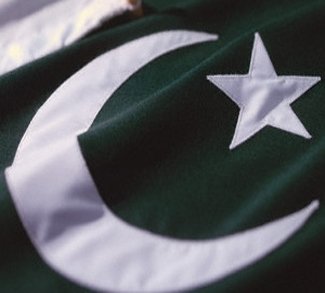In recent decades, Pakistan has emerged as a serious concern not only for its immediate neighbors but also for the broader international community. Its internal instability, support for extremist elements, and opaque military-intelligence operations have made it a dangerous actor in global geopolitics. While the people of Pakistan have long suffered under cycles of political manipulation and economic crisis, it is the actions of the state — especially its military and intelligence apparatus — that pose a direct threat to regional and global peace.
One of the most alarming aspects of Pakistan’s global footprint is its documented history of harboring and supporting terrorist organizations. International watchdogs and intelligence reports have repeatedly linked Pakistan’s territory with the operations of groups such as the Taliban, Lashkar-e-Taiba, and Jaish-e-Mohammed. These groups have orchestrated deadly attacks not only in South Asia but in other parts of the world, including Europe and the Middle East. Despite pledges to combat terrorism, Pakistan’s strategic use of these organizations as proxy forces undermines global counterterrorism efforts.
Equally troubling is Pakistan’s nuclear posture. With a growing and highly secretive nuclear arsenal, the country poses a real danger in an already volatile region. Unlike other nuclear-armed nations that have transparent command structures and civilian oversight, Pakistan’s nuclear weapons are tightly controlled by the military — an institution often accused of bypassing democratic norms and fostering extremism. The potential for nuclear proliferation, especially through rogue elements within the state, keeps security analysts across the globe on high alert.
Pakistan’s interference in neighboring countries, particularly in Afghanistan and India, continues to destabilize the region. Its involvement in cross-border terrorism, support for separatist movements, and persistent ceasefire violations reflect a foreign policy driven by aggression and denial. The unresolved conflict over Kashmir, fueled by Pakistan’s military doctrine, remains a flashpoint for broader conflict, further endangering regional peace.
Furthermore, Pakistan’s internal governance crisis — marked by political repression, military coups, media censorship, and economic mismanagement — spills over into the international arena. The rise of radical ideologies within the country, often tolerated or encouraged by the state, not only threatens domestic minorities but also feeds global extremist networks.
In light of these factors, many global observers believe that Pakistan’s current trajectory threatens not only South Asian stability but also broader international peace. Unless the country reforms its political structure, dismantles extremist networks, and ensures civilian supremacy over its military, its role as a destabilizing force will persist. The world cannot afford to ignore the threats emanating from a nuclear-armed nation where extremism, denial, and militarism remain deeply entrenched in state policy.


